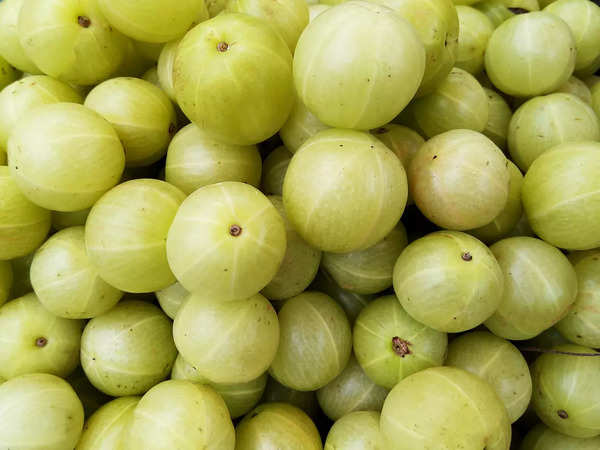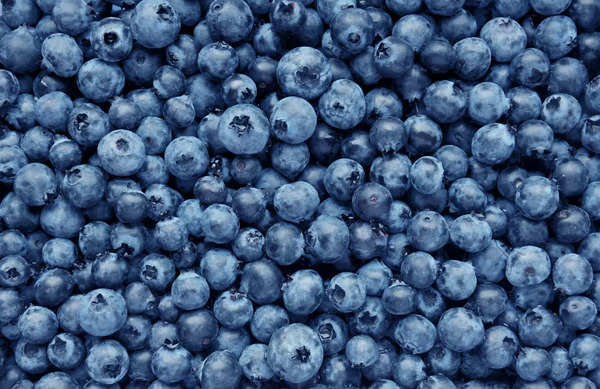When it comes to skin health, the importance of nutrition cannot be overstated. Among the many fruits celebrated for their health benefits, blueberries and amla (Indian gooseberry) stand out. Both fruits are rich in antioxidants, vitamins, and minerals, making them excellent choices for skincare. However, they possess different properties and benefits that may make one more suitable for specific skin concerns than the other.Let’s explore the unique attributes of blueberries and amla, comparing their benefits for skin health.
Nutritional profiles
Blueberries
Blueberries are small, round fruits packed with nutrients. They are particularly rich in:
Antioxidants: Blueberries are known for their high levels of anthocyanins, which give them their deep blue colour. These antioxidants help combat oxidative stress, reducing the appearance of aging and promoting skin health.
Vitamins: Blueberries are a good source of vitamins C and K. Vitamin C is crucial for collagen synthesis, while vitamin K helps in maintaining skin elasticity.
Fiber: High in dietary fiber, blueberries support digestive health, indirectly benefiting skin by promoting detoxification.

Amla
Amla is revered in Ayurvedic medicine for its myriad health benefits. Its nutritional composition includes:
Vitamin C: Amla contains one of the highest concentrations of vitamin C among fruits, which is essential for skin health, boosting collagen production, and acting as a potent antioxidant.
Polyphenols: Rich in various polyphenols, amla helps reduce inflammation and skin irritation.
Minerals: Amla provides important minerals such as calcium, iron, and phosphorus, contributing to overall skin health.
Benefits for skin
Blueberries
Anti-ageing Properties: The antioxidants in blueberries help neutralize free radicals, which can cause premature ageing. Regular consumption may reduce fine lines, wrinkles, and age spots.
Hydration and moisture: Blueberries contain a good amount of water and fiber, promoting hydration from within. Well-hydrated skin appears plumper and more radiant.
Protection against sun damage: The antioxidants found in blueberries can provide some protection against UV damage, reducing the risk of sunburn and skin cancer.
Even skin tone: The vitamin C in blueberries aids in brightening the skin and improving overall complexion, helping to diminish dark spots and uneven skin tone.
Amla
Powerful antioxidant: Amla’s high vitamin C content makes it a formidable antioxidant, protecting the skin from environmental stressors and promoting a youthful appearance.
Collagen production: Vitamin C is crucial for collagen synthesis. Regular consumption of amla can enhance skin elasticity, leading to firmer and more resilient skin.
Anti-inflammatory properties: Amla helps reduce inflammation, making it beneficial for conditions like acne, eczema, and psoriasis. Its soothing properties can calm irritated skin.
Detoxification: Amla supports liver function, aiding in the detoxification process. A well-functioning liver can result in clearer skin, reducing breakouts and blemishes.
Application methods
Both blueberries and amla can be incorporated into your skincare routine through various methods:
Blueberries
Face Masks: Blend fresh blueberries with yogurt or honey to create a nourishing face mask. Apply it to your skin for 15-20 minutes before rinsing off to reveal a refreshed complexion.
Smoothies: Incorporate blueberries into your daily smoothies to enjoy their benefits from within. Combine them with spinach, bananas, and almond milk for a nutrient-packed drink.
Amla
Amla Powder: This can be mixed with water or yogurt to create a paste that can be applied as a face mask. Leave it on for about 30 minutes before rinsing off.
Juice or capsules: Drinking amla juice or taking amla supplements can help you reap its internal benefits, supporting skin health from the inside out.
Potential drawbacks
Blueberries
While blueberries are generally safe, consuming them in excess may lead to gastrointestinal discomfort due to their high fiber content. Additionally, some individuals may be allergic to blueberries.
Amla
Amla can be quite sour and may not be suitable for everyone’s taste. Overconsumption can lead to digestive issues or acidity in some individuals. It’s best to start with small amounts and monitor your body’s response.

Both blueberries and amla offer significant benefits for skin health, making them excellent additions to your diet and skincare routine. Blueberries are particularly effective in combating aging and promoting hydration, while amla shines with its exceptional vitamin C content, aiding in collagen production and reducing inflammation.
Choosing between the two largely depends on your specific skin concerns and preferences. If you seek a sweet, antioxidant-rich fruit that supports hydration and even skin tone, blueberries might be your go-to. On the other hand, if you’re looking for a potent source of vitamin C that offers anti-inflammatory benefits and enhances collagen synthesis, amla may be the better option.
Health Benefits of Muskmelon: 4 Reasons to Eat This Summer Fruit Every Day
Incorporating both fruits into your diet can provide a well-rounded approach to skincare, allowing you to enjoy the unique benefits of each. Ultimately, a balanced diet rich in a variety of fruits and vegetables, coupled with a good skincare routine, will yield the best results for healthy, glowing skin.





